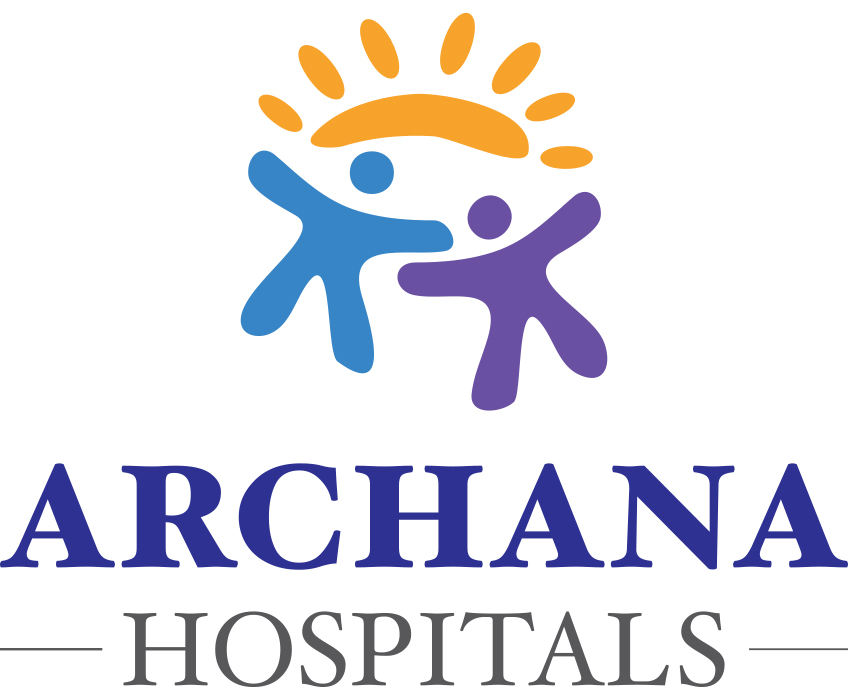Cardiovascular Disease
What is Cardiovascular Disease?
Cardiovascular Disease (CVD) refers to a range of conditions affecting the heart and blood vessels, including coronary artery disease, heart failure, and stroke. These ailments can manifest silently or with noticeable symptoms, posing serious health risks. At Archana Hospital, we’re committed to combating CVD with advanced treatments and expert care. Our team includes the Best Cardiology Surgeon in Madinaguda, offering unparalleled expertise in diagnosing and treating heart-related issues. Trust us for comprehensive cardiac care and a path toward better heart health. Your well-being is our priority.
Heart or blood vessel problems are included in cardiovascular disease, such as:
> constriction of blood arteries in your body
> Issues with the heart and blood vessels exist from birth.
> Heart valves not functioning properly.
Signs and Origins:
What is the root cause of heart disease?
Depending on the particular kind, there are many causes of cardiovascular disease. For instance, peripheral arterial disease and coronary artery disease are brought on by atherosclerosis, or plaque accumulation in the arteries. Arrhythmias can be brought on by drug side effects, hereditary disorders, coronary artery disease, or cardiac muscle scarring. Valve disorders can be brought on by rheumatoid arthritis, infections, and aging.
What are the risk factors for cardiovascular disease?
If you have any of the following risk factors, your chance of developing cardiovascular disease may increase:
> Elevated blood pressure, or hypertension.
> Hyperlipidemia, or high cholesterol.
> Usage of tobacco (including vaping).
> Family history of heart disease.
> Having excess weight or obesity.
> A Diet heavy in fat, sugar, and sodium.
> Excessive alcohol consumption.
> Abuse of illicit or prescribed drug use.
What Signs of Heart Disease are Present?
Symptoms of cardiovascular illness can differ according to the underlying reason. Older folks and people assigned female at birth may experience more modest symptoms. However, they can still have significant cardiovascular disease.
> Heart problems symptoms
> Chest pain (angina).
> Pressure, heaviness, or discomfort in the chest that is > Occasionally referred to as a “weight on the chest” or a “belt around the chest.”
> Breathing difficulty (dyspnea).
> Fainting or vertigo.
> Fatigue or fatigue.
Signs of Blood artery Blockages all Over your Body
> Walking causes pain or cramping in your legs.
> Leg ulcers that refuse to go away.
> Your legs’ skin may be cool or red.
> numbness in a leg or your face. You might just have this on one side of your body.
> Difficulty seeing, speaking, or moving.
How may Heart disease be avoided?
Certain forms of cardiovascular disease, such as congenital heart disease, are unavoidable. Lifestyle changes can, however, lower your chance of developing a variety of cardiovascular diseases.
You may lower your risk of cardiovascular disease by:
> Staying away from all tobacco products.
> Handling additional medical issues including High Blood Pressure, > High cholesterol, or Type 2 diabetes.
> Reaching a healthy weight and keeping it there.
> Eating a diet low in salt and saturated fat.
> Exercising for a minimum of 30 to 60 minutes most days.
> Lowering and controlling tension.
Note:
Heart and blood vessel disorders are referred to as cardiovascular diseases. Heart attacks and strokes can result from heart disease if treatment is not received appropriately. Cardiovascular disease can be managed with medication or lifestyle modifications. An early diagnosis aids in the delivery of efficient care. Many people with cardiovascular disease have active, fulfilling lives.

.jpg)
